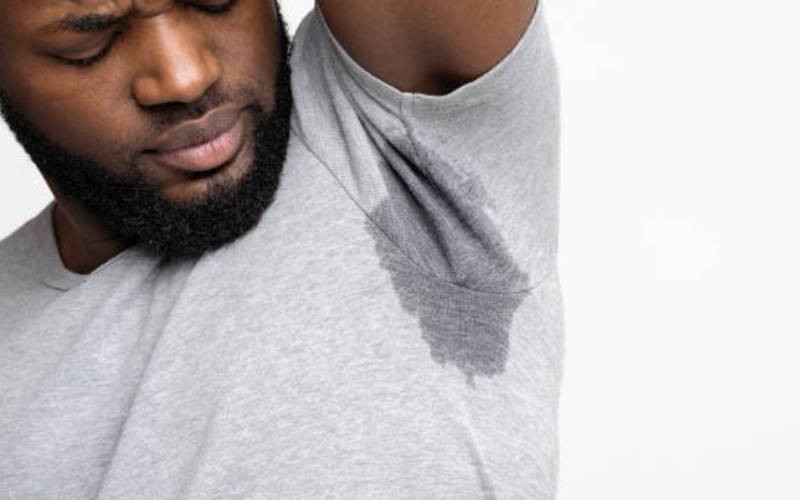×
The Standard e-Paper
Fearless, Trusted News

Sweating is your body's natural cooling mechanism, whether it's sweaty palms during a tense meeting, post-workout drenches, or discomfort in humid climates. But when excess sweat chips away at your confidence or social comfort, it's time to take charge.
Hyperhidrosis, or excessive sweating, can be physically and emotionally draining. However, with these strategies, you can manage it effectively and reclaim your comfort: